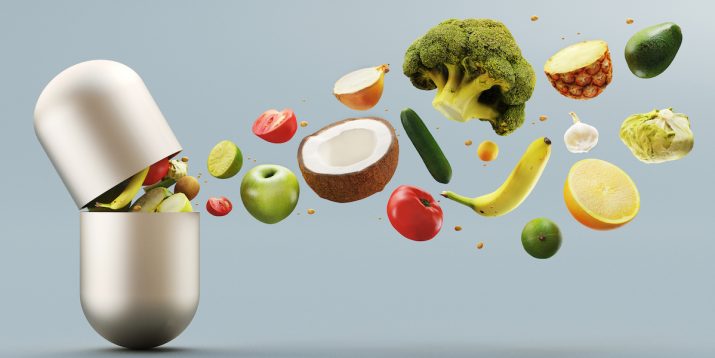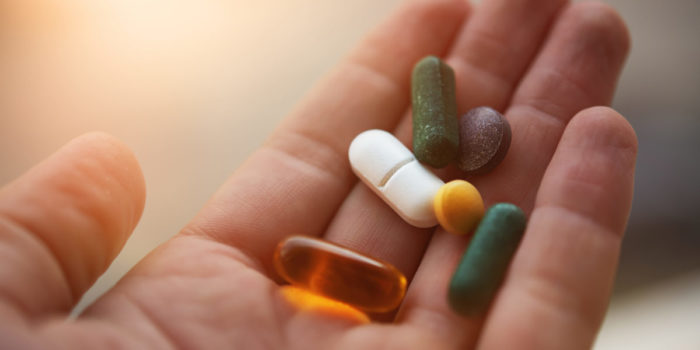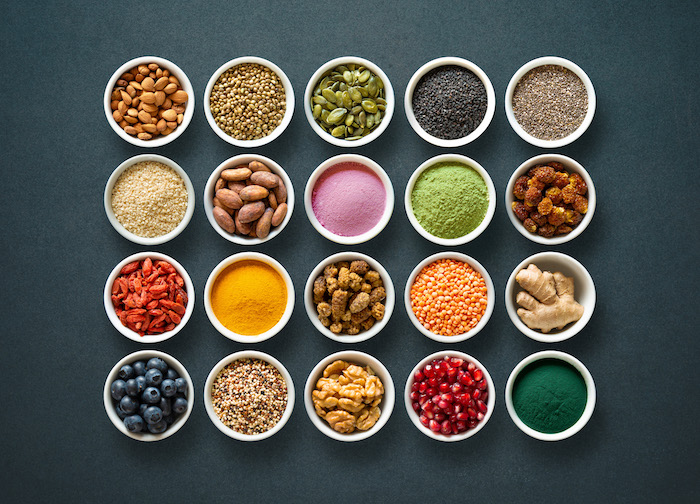What Are Antioxidants? What Do They Do?

Antioxidants are one of those compounds you hear about all the time, but their functions, benefits, and sources aren’t always clear. This article is for everyone who’s ever wondered “what are antioxidants, and am I getting enough of them?”
Let’s separate myths from facts and look at which vitamins have antioxidant properties, which foods are high in antioxidants, and what the benefits are of antioxidants in your diet.
What Are Antioxidants?
Antioxidants and antioxidant-like compounds are substances found in foods like fruits and vegetables that may prevent or delay certain types of cell damage. “They’re the body’s way of fighting toxins and inflammation,” says Caitlin Self, MS, CNS, LDN, of Frugal Nutrition.
“Antioxidants can be consumed in certain known vitamins, like vitamins A, C and E,” explains Liz Wyosnick, MS, RDN, owner of the Seattle-based practice Equilibriyum. There are also phytochemicals (chemicals derived from plants) that have antioxidant-like properties, such as selenium and zinc, and some carotenoids, flavonoids, and phenols.
Most foods boast a unique blend and amount of antioxidants and antioxidant-like compounds — from apples to walnuts and goji berries to spinach — but don’t worry about specific levels or combinations, says Self: “Eat the rainbow to get a wide range of antioxidants.”
How Do Antioxidants Work?
Antioxidants and antioxidant-like compounds can help prevent or counteract the oxidative stress that results from exposure to highly reactive atoms called free radicals. Wyosnick likens this stress to a gradual rusting in the body.
Free radicals can form as a product of normal metabolic processes in the body, including those associated with exercise and the conversion of food to energy. They can also result from environmental factors like X-rays, smoking, and pollution, explains Wyosnick.
By altering the chemical structures of cells, free radicals have the potential to damage them and their components, including cell proteins and DNA. Antioxidants serve as a balancing agent in an otherwise toxic environment.
Should You Take Antioxidant Supplements?

Supplements can serve as a handy backup if you’re not getting enough antioxidants in your diet. Of course, that may also be an indication that you need to make some changes to your grocery list. That’s why Wyosnick recommends trying to get your antioxidants primarily from whole foods.
“Spinach is a great source of antioxidants because it’s spinach, not because it contains carotenoids like lutein and zeaxanthin,” she explains. “Taking lutein on its own may not give you the same benefits as a simple spinach salad… The food always has the perfect combination of compounds for assimilation and utilization by the body.”
As for how to choose that food, Wyosnick has some advice: “I encourage my clients to allow the season and their taste preferences to guide them when choosing food sources of antioxidants, and to aim for diverse colors of these foods, as often as possible.”
When that’s not possible, Shakeology contains antioxidant vitamins A, C, and E and superfoods like camu-camu and pomegranate, which have antioxidant properties, all in a form factor that’s convenient and versatile.
Antioxidant Benefits
Since oxidation is happening all the time in the body, antioxidants have their work cut out for them — and that’s also why antioxidants have broad benefits. But while antioxidants are found in foods like fruits and vegetables that are known to help promote normal function and lower health risks, it remains unclear whether it’s the antioxidants in those foods that provide the benefits or something else.
Here’s a look at known benefits linked specifically to antioxidants.

1. Reduce free radicals
“Essentially, we have free radicals in our bodies from different exposures and stressors,” Self says. “They are like a bunch of bulls in a china shop — they run around wreaking havoc and causing damage in the body. Antioxidants swoop in and neutralize them so they can’t damage our cells.”
2. Stimulate normal cell growth
Cell death, or apoptosis, is a part of a cell’s life cycle, but free radicals can cause more cells to die off faster in the body. Antioxidants and antioxidant-like compounds not only help suppress cell death, but also stimulate normal cell growth in healthy individuals.
3. Protect cells from premature aging
As we age, our cells regenerate more slowly, but certain types of antioxidant-like compounds (such as polyphenols) can help offset or delay aging-related changes to cells.
4. Support immune function
The immune system is “particularly sensitive to oxidative stress,” according to researchers. Antioxidants like vitamins A, C, and E, and beta-carotene, along with antioxidant-like compounds such as selenium, copper, iron, and zinc, can help keep the immune system strong.
